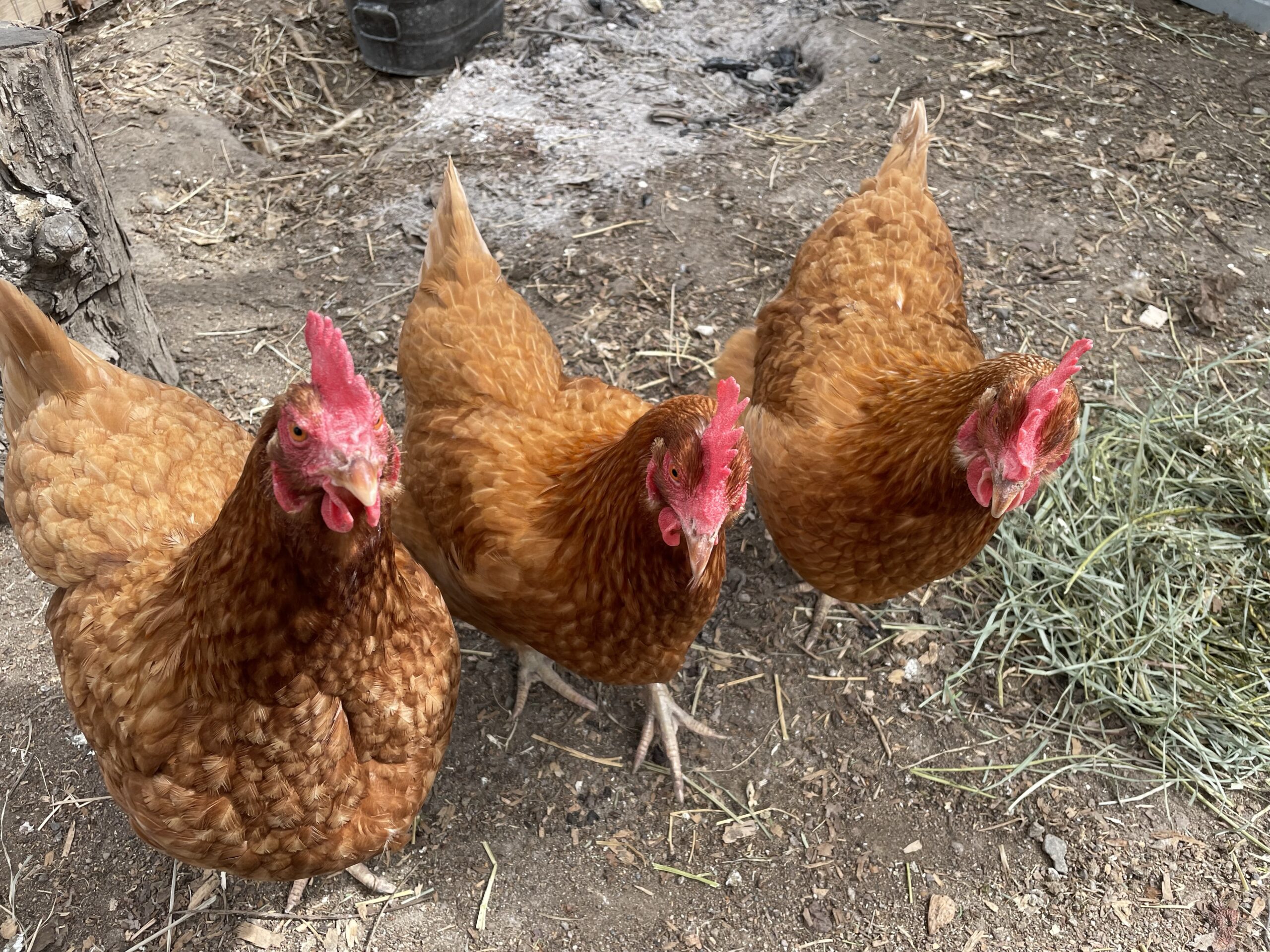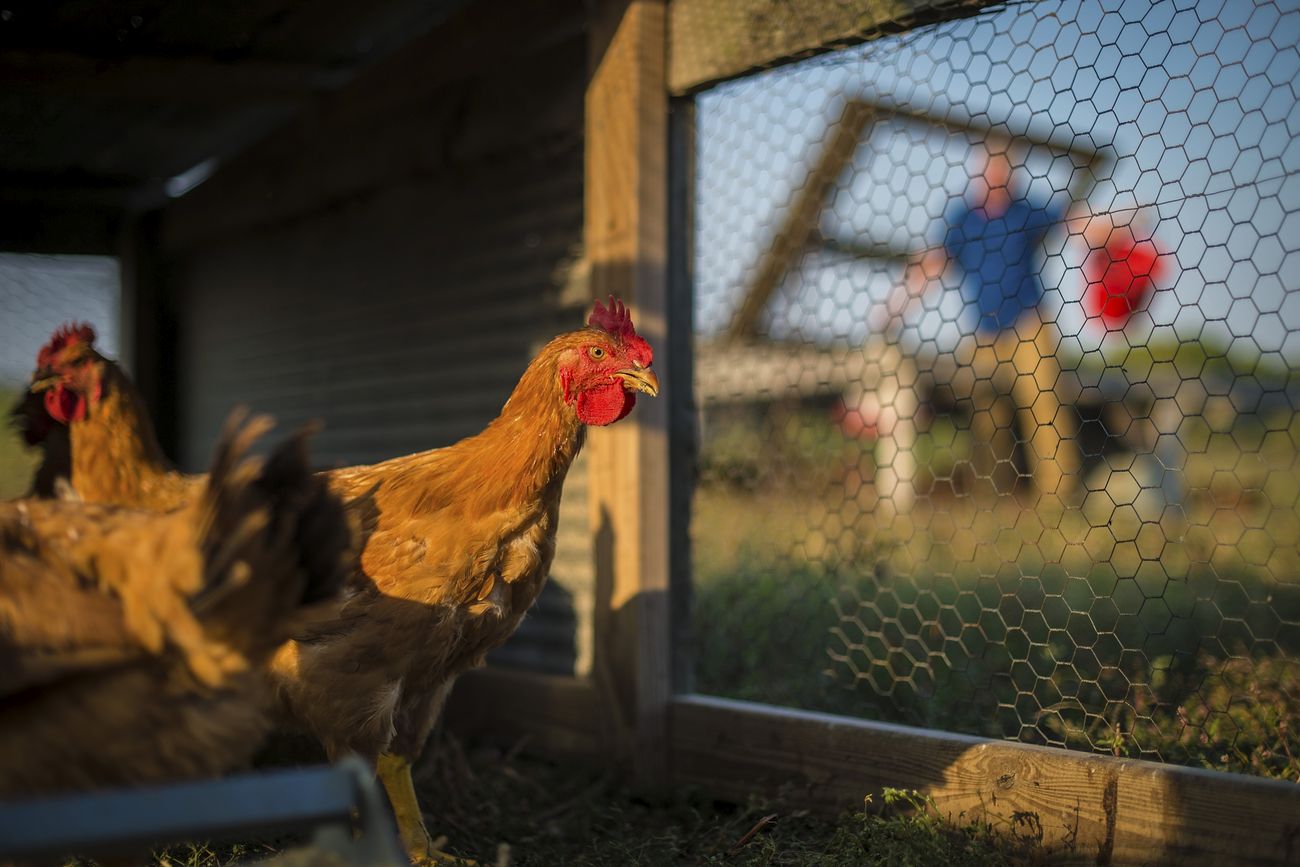
Keeping backyard chickens has become a popular hobby in recent years, as more and more people are interested in raising their own food and enjoying the benefits of fresh eggs. However, with any pet or animal, there comes a time when they reach the end of their natural lifespan and pass away. Coping with the death of a backyard chicken can be challenging, but there are ways to manage the grief and loss. In this article, we will explore what to do when a chicken in your backyard flock dies of old age and how to cope with the loss, both for yourself and your family.
Assess the Situation and Determine the Cause of Death
The first step in managing the death of a backyard chicken is to assess the situation and determine the cause of death. If your chicken died of old age or natural causes, there may not be much you can do to prevent it. However, if you suspect that your chicken died due to illness or injury, it is important to take steps to prevent the spread of disease or injury to other chickens in your flock.
According to The Spruce Pets, some common signs of illness or injury in chickens include lethargy, loss of appetite, difficulty breathing, and abnormal feces or discharge. If you notice any of these symptoms in your chickens, it is important to seek veterinary care and isolate the affected bird from the rest of the flock to prevent the spread of disease.
Dispose of the Remains Properly
Once you have assessed the situation and determined the cause of death, it is important to dispose of the remains properly. There are several options for disposing of a deceased chicken, including burial, cremation, or composting.
Burial: If you choose to bury your chicken, be sure to dig a hole at least two feet deep to prevent other animals from digging up the remains. Some cities and municipalities have laws and regulations regarding burial, so be sure to check with your local government to ensure that you are complying with any applicable rules.
Cremation: Cremation is another option for disposing of the remains of a backyard chicken. You can contact a local veterinarian or pet cremation service to inquire about their services and fees.
Composting: Composting or digesting is an eco-friendly way to dispose of the remains of a backyard chicken. You can create a compost pile or digesting bin and add the chicken remains along with other organic materials, such as vegetable scraps and yard waste. However, it is important to ensure that the compost reaches a high enough temperature to break down the chicken remains and prevent the spread of disease.
Coping with Grief and Loss
Losing a backyard chicken can be a difficult and emotional experience, especially if you have developed a close bond with your pet. It is important to allow yourself and your family time to grieve and process the loss.
According to Psychology Today, some common emotions associated with grief include sadness, anger, guilt, and loneliness. It is important to acknowledge and express these emotions in a healthy way, whether that means talking to a trusted friend or family member, journaling, or engaging in self-care activities such as exercise or meditation.
It is also important to remember that everyone grieves differently, and there is no right or wrong way to cope with the loss of a backyard chicken. Some people may find comfort in creating a memorial for their pet, such as planting a tree or creating a photo album. Others may choose to adopt a new chicken or pet to fill the void left by the loss of their previous pet.
